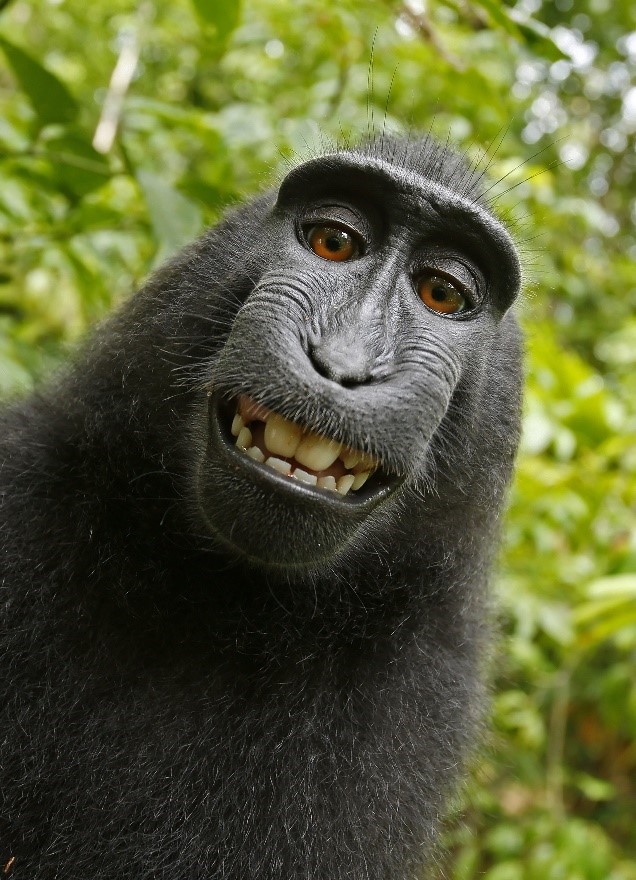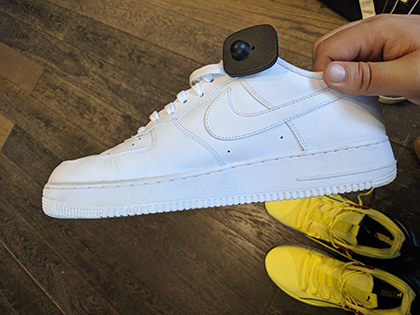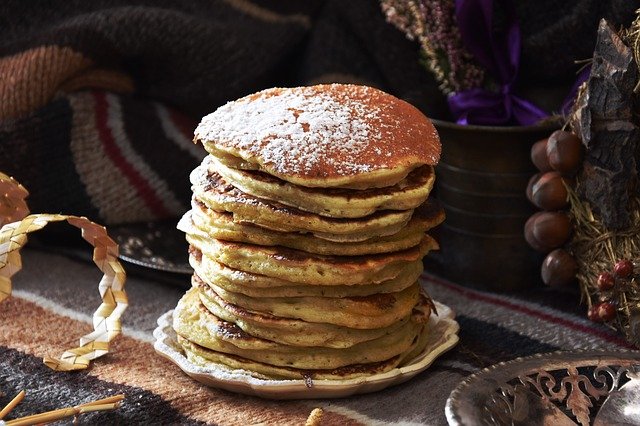
AI and IP: Bananas, Bots, and Brains
As technology develops, the growing presence of Artificial Intelligence (AI) within our lives becomes more prominent. AI predicts what we want to watch on TV, what food we want to eat, and what we want to type. The predictive abilities of AI have begun to even encroach upon the creative space. The use of AI as a tool in arts and science is not new, however. Scientists have used the residual processing power from video game consoles to assist AI in processing models for the potential folded structures of proteins. What is new however is the use of AI to create a new product with little human input entirely.



